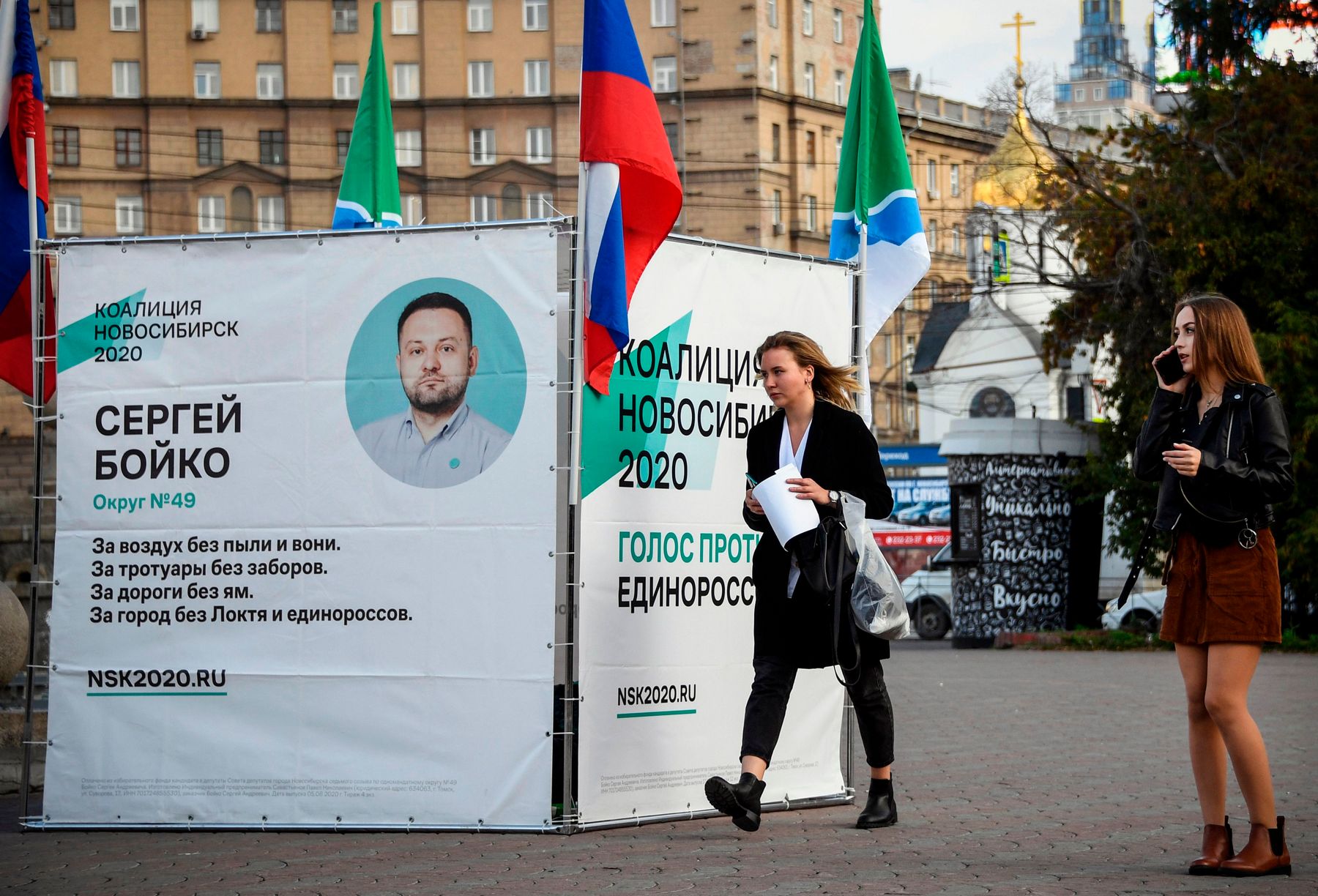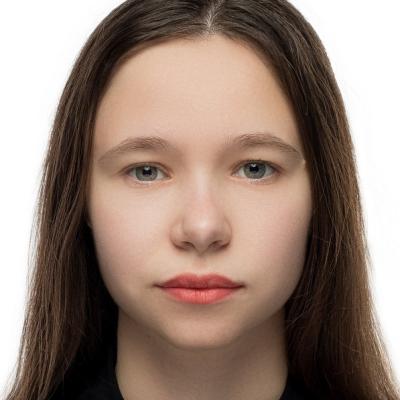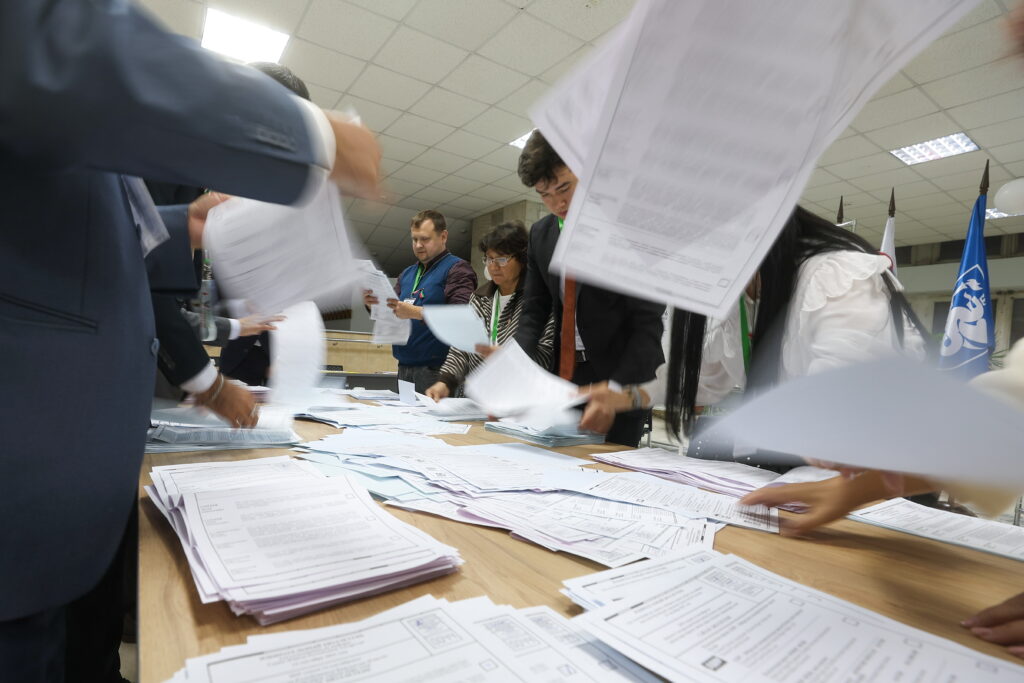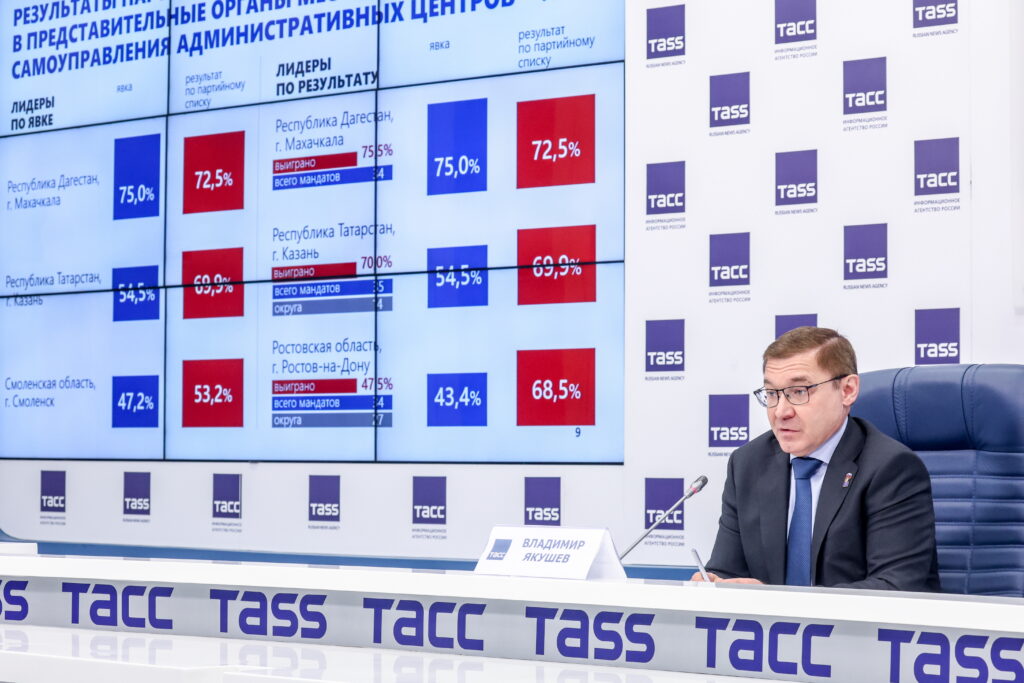In September of 2020, against the backdrop of the traditional victory reports of the ruling party and pro-government candidates for the posts of governors, the news from Novosibirsk was sensational: the extra-parliamentary opposition managed to get several of its representatives into the city council in one go. At the same time, in the city of Berezniki (Perm Krai), an association of civic activists and independent politicians challenged the dominance of big business and the ruling party in the city. A year later, local electoral coalitions were formed in Perm and Berdsk (Novosibirsk Region), drawing on the experience of previous campaigns.
All coalitions relied on the pooling of diverse resources (candidates’ experience, volunteer support, crowdfunding) to run vibrant campaigns based on an urban agenda, extensive street campaigning and rhetoric of opposition to the ruling party. The coalitions operated in different contexts: Berdsk and Berezniki, although both are the second largest cities in their respective regions, are much smaller than Novosibirsk and Perm with over a million of inhabitants each. Moreover, the 2021 coalitions were significantly more affected by candidate screening as well as by the nature of the elections, which shifted the focus from urban to federal agenda. Nevertheless, the experience of these campaigns heralds a change in the strategy of the extra-parliamentary opposition, where the pooling of resources becomes a key survival task.
Opposition alliances
The increasing coordination of opposition forces at the local level in response to the regime’s repressive actions is an absolutely logical process. As shown by the experience of Indonesia, Malaysia, Turkey and other electoral autocracies, by closing national and regional elections to independent politicians, the regime pushes them into safer niches where the political stakes are lower, and so are the opportunities for centralised monitoring. Local elections in Russia are just this kind of a niche: city councils are not a significant political institution, also due to the deputies’ limited powers. However, studies of “colour revolutions” and democratic transitions in South-East Asia suggest that local-level victories (especially in major cities) have acted as the precursor of major electoral breakthroughs at the national level.
In Russia, there have been multiple attempts to unify the extra-parliamentary opposition: from the “Committee-2008” and the “Other Russia” in the 2000s to the Coordinating Council of the Opposition and the Democratic Coalition in the 2010s. The reasons for their failure included major ideological differences and the high stakes at the national political level. In this respect, the local coalitions of 2020–2021 are an example of more focused and sustainable coalitions: their participants stressed that existing differences were easily overcome thanks to the consensus on key issues for the cities and proposed ways to solve them. The local coalitions were further reinforced by a situation of interdependence: many candidates were new to the electoral process (although they may have had considerable activist or civil society experience) and needed to exchange their “capital” for the expertise of more experienced participants.
Despite the overall strategic context and tactical decisions, the successes of the electoral coalitions in cities were very modest: only the Novosibirsk-2020 alliance managed to get their MPs through, while second places were the best result in the other cities. What is the reason behind this difference?
In Novosibirsk, the coalition was based on experienced politicians associated with the Yabloko party and Alexei Navalny’s regional network as well as civic activists. The programme included nine points related to local urban issues such as public amenities, public transport, housing and condensed land development. Moreover, Novosibirsk-2020 participants drew attention to issues related to budget redistribution, also in education and culture. The main political agenda item was the fight against the alliance of the ruling party and the regional branch of the Communist Party of the Russian Federation (since 2014, Novosibirsk has had a “red mayor” Anatoly Lokot).
Coalition candidates and activists faced countermeasures that are traditionally experienced by opposition in Russia: agencies refused to place candidates’ outdoor advertisements, campaign stands were attacked by unknown perpetrators, candidates and activists were fined, bugging devices were planted, windows in the coalition headquarters were broken, doors were set on fire and chemicals were spilled. Three candidates were deleted from the electoral lists because of problems with supporting signatures.
As a result, 31 out of 38 candidates supported by the coalition were registered and four became MPs. In another constituency, a coalition member Vyacheslav Yakimenko lost only 11 votes to Yevgeny Yakovenko, the United Russia candidate, losing all subsequent court cases. Coalition candidates came second in 18 constituencies, while independent candidates supported by the coalition were elected in another five districts. The success of the coalition was largely determined by the experience and local recognition of its key members (one of its leaders, Sergei Boyko, came second in the 2019 election for the post of mayor) and by the strategic context: the absence of combined elections and low level of candidate filtering.
However, the presence of similar circumstances did not lead to success of the opposition alliance in Berezniki. In the second largest city of Perm Krai, the opposition united around the NGO “Civic Control” and Alexei Navalny’s nationwide campaign headquarters. The “Civic Election Headquarters” (CEH) offered organisational and legal assistance to any candidates not affiliated with political parties or industrial enterprises in the city. As a result, six candidates were registered on behalf of the association, including Anatoly Isakov, a well-known physician doctor from the city, world swimming champion Elena Guseva and Artem Faizulin, a lawyer of “Citizens’ Watch.”
The agenda of the CEH was also centred around city-level policy issues and the fight against United Russia’s monopoly. In their declaration, the CEH members called on the citizens to “vote for independent candidates in order to finally break the monopoly of United Russia in the Berezniki Duma, and create political competition” and achieve real participation of the city residents in solving the city’s key problems.
Initially, a working group of the local election commission intended to delete the CEH candidates due to “non-compliance of the signature list with the template” but later the territorial election commission registered the group after all. As in Novosibirsk, the association relied heavily on volunteer support and crowdfunding. Apart from the size of the city and hence the size of the constituencies, the key difference was associated with the lower pressure on the coalition. However, despite the more favourable conditions compared to Novosibirsk, the CEH candidates failed to win a single seat in the city council, winning only two second places. The most likely reasons behind this outcome were the absence of political experience among most candidates and the less opposition-minded electorate in the smaller city.
The “Plus One” coalition in Perm drew heavily on the experience of the Novosibirsk and Berezniki campaigns and had a similar agenda (fighting the dominance of United Russia in the city council, restoring political competition and building a comfortable urban environment). The association emerged from an informal network of independent experts, activists from Navalny’s election headquarters and “Urban Projects”. Only three candidates had direct experience in election campaigns.
In contrast to Novosibirsk, the campaign proceeded largely without any incidents, although candidates were also deprived of the possibility to actively use outdoor advertising. Two candidates faced hostile reactions to street campaigning: in one case a United Russia representative used force against a volunteer, in another one the coalition candidate was insistently advised against campaigning in a street market where owners were allegedly associated with an incumbent in the constituency. The most significant barrier consisted in the rejection and deregistration of two “Plus One” candidates for their collaboration with Navalny’s electoral headquarters. Another candidate, a prominent social activist in his constituency, was deregistered when some supporting signatures were rejected.
The seven candidates who made it to the ballot lists were not elected to the City Duma, taking the third place at best. As the most experienced candidates were filtered out, the local campaign was combined with federal and regional elections, and the constituency was relatively large in size with low initial awareness, the coalition was unable to replicate the success of “Novosibirsk-2020.”
However, the Novosibirsk experience was not easily transferable even at a very close distance: in Berdsk, the region’s second-largest city located 35 kilometres away from Novosibirsk, “Novosibirsk-2020” activists attempted to promote 17 candidates. However, only five got through the registration, and merely three members of the “Berdsk-2021” coalition were included in the ballot list. The fight against United Russia was again the main focus of the agenda. Furthermore, the coalition campaigned for “restoring direct elections for mayor, opening up the authorities, comfortable living in Berdsk, rich Siberia, and a happy Russia.”
As in Perm, a number of “Berdsk-2021” candidates were denied registration based on letters from the Ministry of Justice claiming they had been involved in “extremist organisations.” Although observers assessed the likelihood of victory for coalition members as extremely low, the campaign faced considerable pressure: Daria Artamonova received a funeral wreath sent to her home (as a warning), campaign stands in the streets were attacked and the coalition office was blocked on the eve of election day when the door lock was filled with an unknown liquid. In the end, none of the three remaining contestants was able to win in their constituency.
When summarising the experience of the four electoral coalitions, some common features can be noted: the coalitions in all four cities relied on volunteer networks rather than existing political parties (although in some cases they were helped by party members), actively used the rhetoric of opposing United Russia and generally campaigned with methods that were visibly different from the traditional methods used by the party of power and the systemic opposition. The main programmatic issues included political autonomy of the cities (restoration of direct elections of mayors or strengthening of the accountability of mayors), the ensuing issues of urban governance and quality of the urban environment, which were supposed to attract the “progressive” urban electorate.
The focus on opposing the ruling party may have been the key reason behind the failure of the coalitions in Berezniki, Berdsk and Perm. During the focus groups that we conducted in Perm on the eve of the elections, even participants who were critical of the authorities were ambivalent about the idea of taking a stance “against United Russia.” Issues of political autonomy and improvements in the quality of the urban environment were not of as much concern to voters as the need to solve everyday problems with public transport, access to social services, housing and utilities.
Other factors at play included the filtering of candidates, the low public awareness of candidates who made it to ballot lists, and the combined nature of the elections (Perm and Berdsk), as well as the singularities of small-town electorates (Berezniki and Berdsk). Finally, the smaller number of MP seats and the mixed system in Perm meant that the average constituency was about one and a half times larger than in Novosibirsk with its 50 single-member constituencies (over 35,000 vs. 24,000 voters).
Does the failure of three out of four coalitions mean that the pooling resources is useless? Considering that the success of “Novosibirsk-2020” was determined, among other things, by the previously accumulated experience, while many candidates in other cities had none, such a conclusion would be premature. The campaigns have demonstrated that even relative newcomers are able to cope with the serious barriers posed by the regime: collecting signatures for registration, campaigning outside the main media platforms, and financing the campaign without significant corporate and government resources. This experience is unlikely to remain unused: the issues of cities’ autonomy and governance are still there, active citizens are unlikely to get adequate political representation, and big cities will continue to be the main centres of mass discontent in the near future. Joint campaigns can serve as a starting point for throwing down the gauntlet to the regime in the future.











